


A freight forwarder arranges a large shipment for a foreign client. It's all ready to go—until customs authorities hold up the cargo because there is no proper documentation. Delays accumulate, costs soar, and the customer loses trust. That's why licensing is essential. Without credentials, freight forwarders face penalties, shipment delays, and potentially losing their operating privileges.
Freight forwarding is not merely the transportation of goods—it's regulation navigation, permit acquisition, and facilitation of seamless cross-border trade. Governments impose stringent licensing to avoid fraud, improve security, and regulate trade practices. A licensed freight forwarder is entitled to deal with shipments legally, clear customs, and establish credibility in international trade.
A legitimate license is a ticket to international markets, providing freight forwarders:
In a business where time is money, having the correct license distinguishes professionals from unsafe operators, guaranteeing efficiency and dependability in worldwide freight forwarding.
A business exporting medical equipment abroad requires a customs specialist, while another exporting hazardous materials requires compliance with strict safety regulations. All freight forwarders don't perform the same task, so various licenses are available to fit their expertise.
All shipments that travel across a border have to go through customs, and without proper documentation, delays and fines can be expensive. Customs brokers verify that goods comply with import/export laws.
Freight forwarders handle logistics, carrier negotiations, and cargo transportation across borders, necessitating licensing in most countries.
Some shipments, such as hazardous materials, perishables, or high-value cargo, need specialized certifications.
Freight forwarding is not merely transporting cargo—it's navigating regulations, obtaining the correct licenses, and ensuring compliance.
A freight forwarding business is prepared to go international, but in the absence of a license, it will suffer delays, fines, and missed business opportunities. Getting a freight forwarding license entails fulfilling eligibility requirements, passing examinations, and following government regulations. Here's the process in the U.S., Canada, and India.
Ocean Freight Forwarding (OTI License)
Customs Broker License
Customs Broker License
Freight Forwarding
Customs Broker License (previously CHA License)
Freight Forwarding Registration
A freight forwarder's license is not just a legal requirement but also earns credibility, provides seamless operations, and enables businesses to go international. In the U.S., Canada, or India, getting the right license is an essential step toward sustainable success in international logistics.
A freight forwarder wants to grow, but becoming licensed is more than just paperwork. From rigid rules to financial considerations, companies have several barriers to overcome before approval.
Each country has specific licensing regulations, and noncompliance can result in delays, fines, or rejection of the license. Freight forwarders also need to keep themselves informed about changing trade regulations so that each shipment is customs and security compliant.
Licensing is not free of costs other than application charges. Governments demand surety bonds, financial guarantees, and adherence to operational standards.
For small freight forwarders, these financial requirements can be burdensome, causing it to become more difficult to compete against larger companies.
Obtaining the license is only the first step—continuing compliance is a perpetual mandate. Several countries involve renewals, renewed documentation, and compliance with changing trade law.
Despite obstacles, freight forwarders who remain current, are fiscally compliant, and adhere to rules establish a firm position within international logistics. Licensing isn't merely a requirement—it's a commitment to reliability, business growth, and long-term achievement.
Freight forwarding is evolving fast, and so is licensing. Governments are shifting toward electronic applications, automation, and increased security for enhancing transparency and efficiency in logistics.
Old licensing procedures used to entail manual paperwork, lengthy approval periods, and intricate documentation. Today, most nations are moving towards online portals and computerized approval systems to accelerate licensing and compliance.
As more licensing authorities embrace online platforms, the approval process will be quicker, more transparent, and less susceptible to errors.
With international trade under tighter security regulations, licensing is becoming stricter. Governments are implementing sophisticated screening, tighter financial requirements, and more extensive background checks for freight forwarders.
As licensing changes, freight forwarders have to keep up with shifting rules, spend money on compliance training, and adopt digital solutions. Those that remain ahead of new regulations will achieve competitive advantage in international logistics.
The freight forwarding licensing future is digital, secure, and compliance-focused—and companies that adapt to these trends will flourish in a more regulated world of global trade.
Freight forwarding licenses are changing as governments transition towards digital applications, automation, and more stringent compliance procedures. Paperwork and lengthy approval processes are being supplanted by web portals and automated systems, and licensing is becoming quicker and more transparent. Regulators in the U.S., Canada, and India are streamlining customs and freight forwarding approvals, cutting down on processing delays.
Meanwhile, security measures are becoming more stringent, demanding more extensive background checks, intensified financial investigations, and compliance with higher compliance standards. Environmental policy is similarly influencing licensing, with sustainability as a central theme in regulation of logistics. In order to be one step ahead, freight forwarders will need to adjust to online processes, stay compliant with changing trade laws, and invest in continuous training. With increasing technology-based licensing, those companies that adopt these shifts will be at an advantage in international logistics.

Your Global Trade Navigator, Delivering End-to-End Excellence and Unlocking New Opportunities in Every Link of Your Supply Chain.
Get In Touch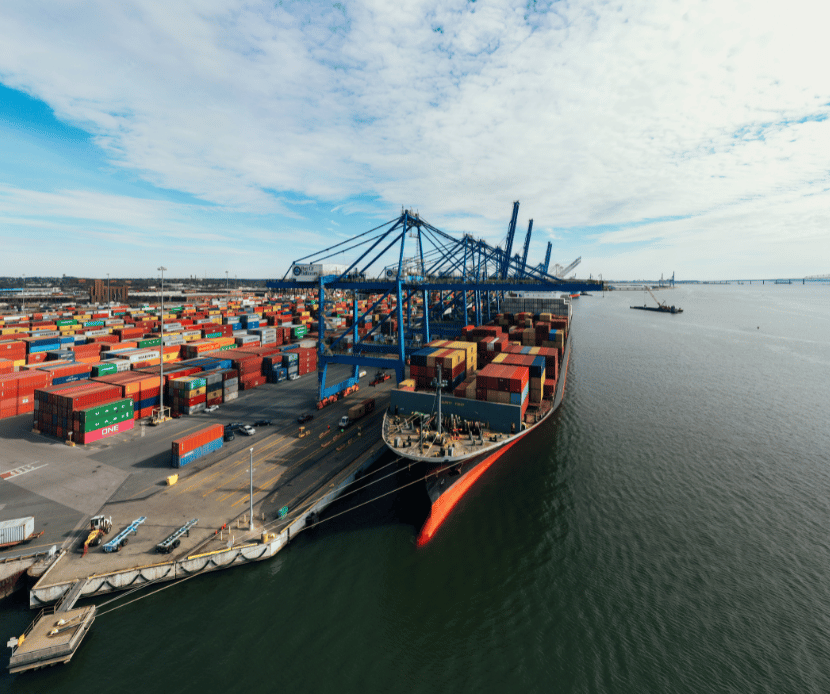
Explore our expert guide on Full Container Load (FCL) Shipping, covering benefits, processes, and tips to optimize your shipping experience efficiently.
Learn More FCL Shipping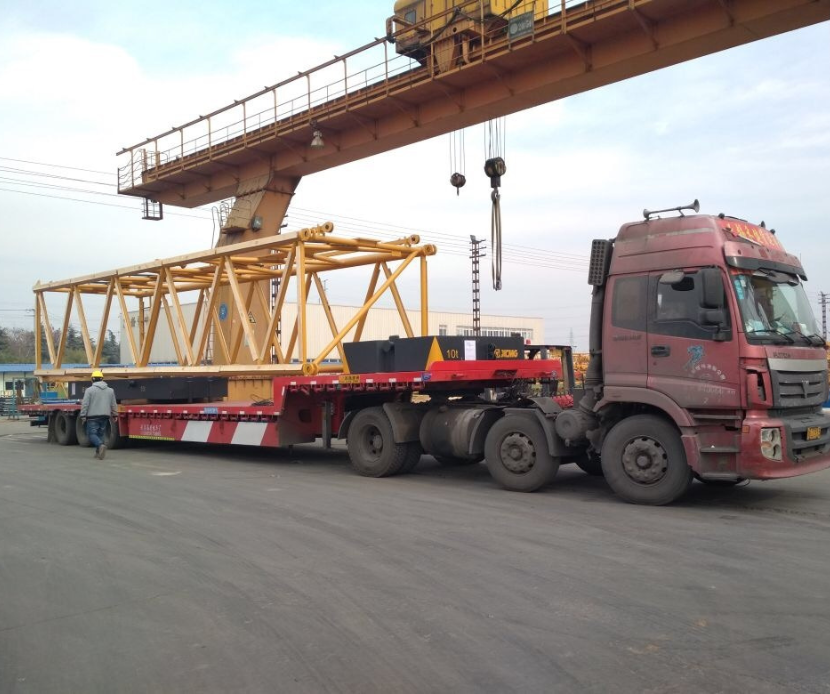
SJ Logistics specializes in the global transportation of high-value, oversized cargo, ensuring safe and efficient delivery for your most complex project logistics needs.
Learn More Project Cargo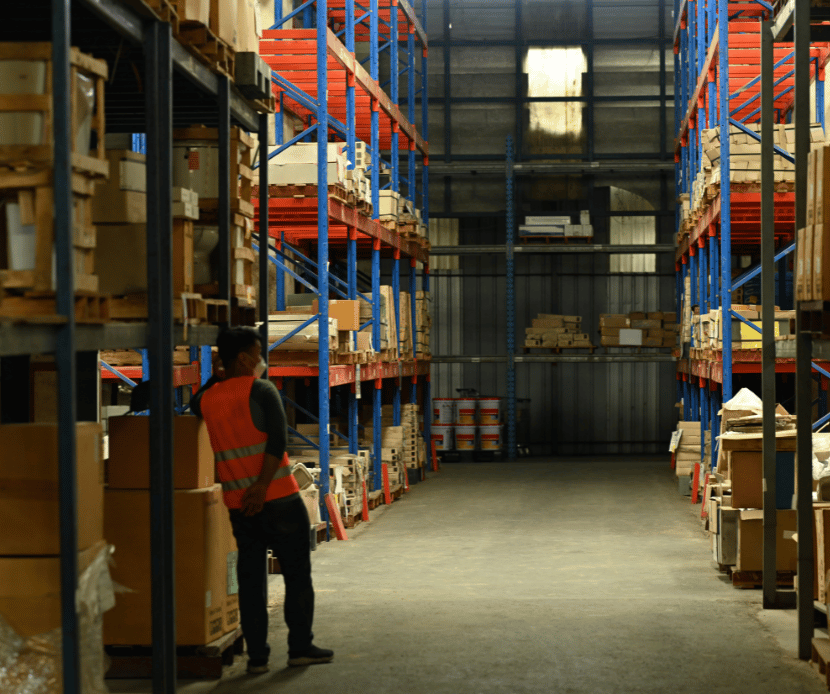
Discover tailored warehousing solutions at SJ Logistics, designed for efficiency and strategic storage. Optimize your supply chain with our innovative services today!
Learn More Warehousing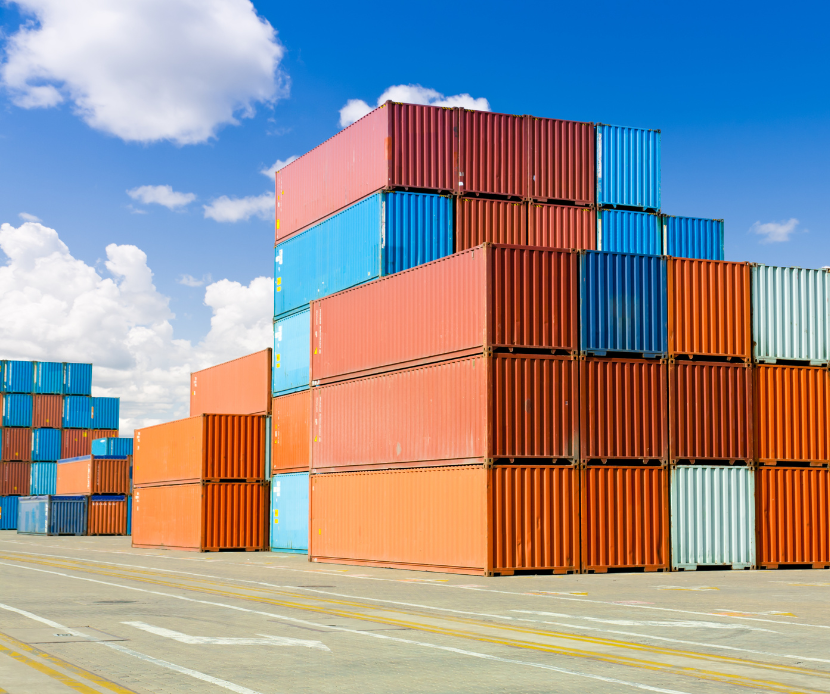
Discover comprehensive NVOCC solutions that streamline your logistics operations, enhance efficiency, and ensure seamless cargo management for your business needs.
Learn More NVOCC
Discover reliable inland transportation solutions that streamline your domestic logistics, ensuring timely and efficient delivery across the country.
Learn More Inland Transportation
Experience unparalleled convenience with our door delivery solutions, ensuring your packages arrive safely and promptly right at your doorstep. Discover more today!
Learn More Door Delivery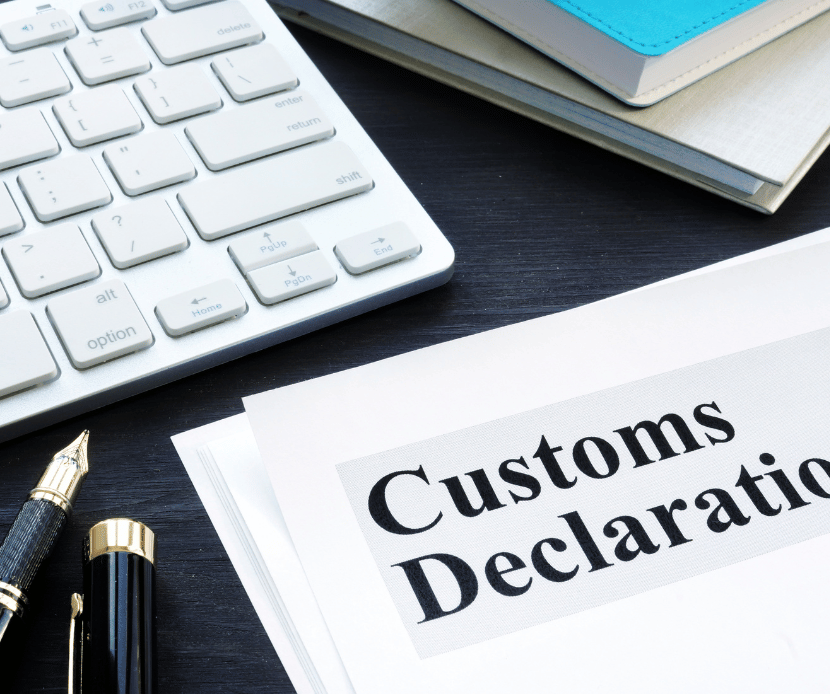
Experience seamless customs clearance with SJ Logistics. Our expert-led solutions ensure precision and efficiency, streamlining your import and export processes.
Learn More CHA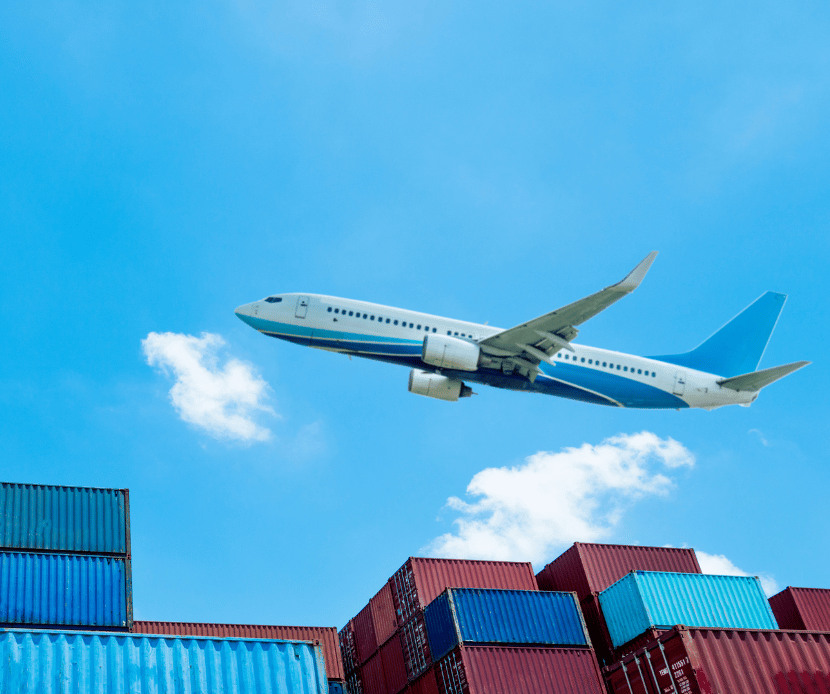
Experience unparalleled speed and reliability with our air freight services, ensuring your cargo reaches its destination swiftly and safely, no matter the distance.
Learn More Air Freight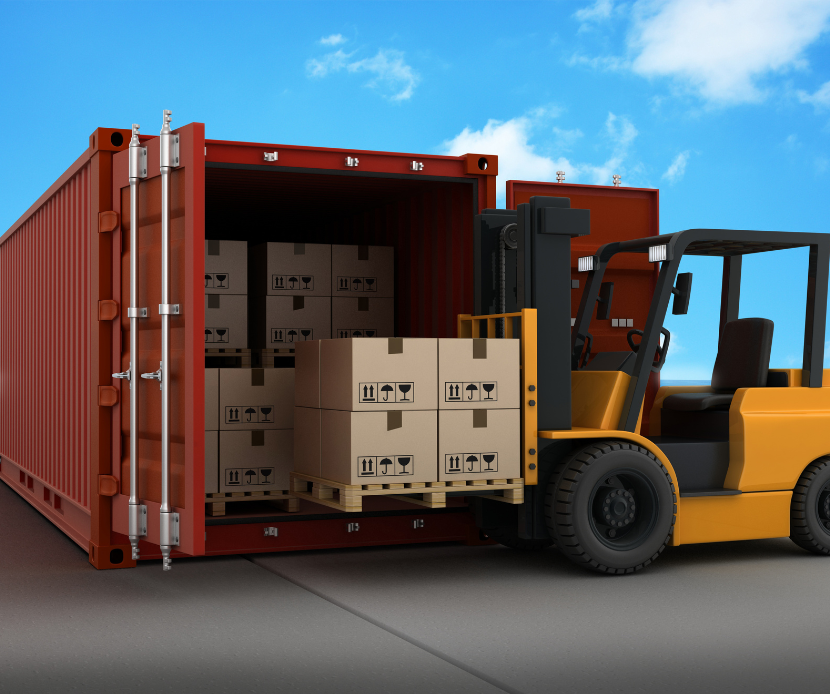
Unlock the benefits of LCL shipping with our tailored solutions. Enjoy flexibility, cost savings, and strategic support designed for SMEs to thrive in global trade.
Learn More LCL Shipping